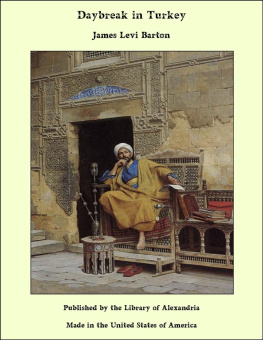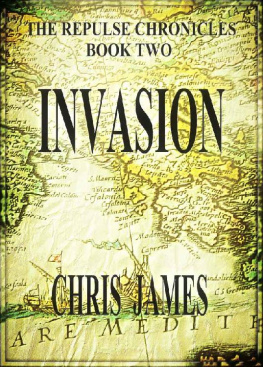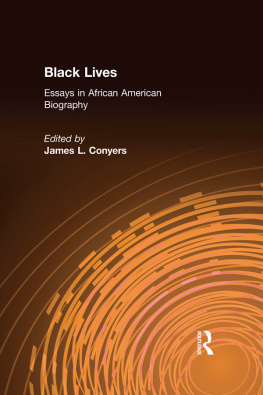James L. (James Levi) Barton - Daybreak in Turkey
Here you can read online James L. (James Levi) Barton - Daybreak in Turkey full text of the book (entire story) in english for free. Download pdf and epub, get meaning, cover and reviews about this ebook. year: 2021, publisher: Independently Published, genre: Religion. Description of the work, (preface) as well as reviews are available. Best literature library LitArk.com created for fans of good reading and offers a wide selection of genres:
Romance novel
Science fiction
Adventure
Detective
Science
History
Home and family
Prose
Art
Politics
Computer
Non-fiction
Religion
Business
Children
Humor
Choose a favorite category and find really read worthwhile books. Enjoy immersion in the world of imagination, feel the emotions of the characters or learn something new for yourself, make an fascinating discovery.
- Book:Daybreak in Turkey
- Author:
- Publisher:Independently Published
- Genre:
- Year:2021
- Rating:3 / 5
- Favourites:Add to favourites
- Your mark:
- 60
- 1
- 2
- 3
- 4
- 5
Daybreak in Turkey: summary, description and annotation
We offer to read an annotation, description, summary or preface (depends on what the author of the book "Daybreak in Turkey" wrote himself). If you haven't found the necessary information about the book — write in the comments, we will try to find it.
Daybreak in Turkey — read online for free the complete book (whole text) full work
Below is the text of the book, divided by pages. System saving the place of the last page read, allows you to conveniently read the book "Daybreak in Turkey" online for free, without having to search again every time where you left off. Put a bookmark, and you can go to the page where you finished reading at any time.
Font size:
Interval:
Bookmark:
| Note: | Images of the original pages are available through Internet Archive. See https://archive.org/details/daybreakinturkey00bart |
CONNECTING WITH STAMBOUL, CONSTANTINOPLE
JAMES L. BARTON, D. D.
Secretary of the American Board
THE MISSIONARY AND HIS CRITICS,
THE UNFINISHED TASK OF THE CHRISTIAN CHURCH, ETC.
THE PILGRIM PRESS
NEW YORK CHICAGO
By James L. Barton
| Chapter | Page |
| I. | The Country |
| II. | Its Resources |
| III. | History and Government |
| IV. | The Sultan, The Heart of Turkey |
| V. | Race Questions and Some of the Races |
| VI. | The Armenians |
| VII. | Moslem Peoples |
| VIII. | Turkey and the West |
| IX. | A Strategic Missionary Center |
| X. | Social, Moral and Religious Conditions |
| XI. | Christianity and Islam |
| XII. | Early Pioneering and Explorations |
| XIII. | Established Centers |
| XIV. | Beginnings in Reform |
| XV. | Leaders, Methods, and Anathemas |
| XVI. | Results |
| XVII. | Intellectual Renaissance |
| XVIII. | The Printing-Press |
| XIX. | Modern Medicine |
| XX. | Standing of Missionaries |
| XXI. | Completed Work |
| XXII. | Industrial and Religious Changes |
| XXIII. | American Rights |
| XXIV. | Religious Toleration |
| XXV. | The Macedonian Question |
| XXVI. | General Political Situation |
| XXVII. | Constitutional Government |
| Index |
| Galata and Pera and the bridge of boats connecting with Stamboul, Constantinople |
| A group of official Turks in prayer for the Sultan upon his birthday |
| An Armenian Ecclesiastic |
| A Koordish chief of Southern Koordistan |
| A mountain village in Eastern Turkey |
| The Bosporus, Constantinople |
| Robert College, Constantinople |
| Syrian Protestant College, Beirut, Syria |
| A class of native students, graduates from the American College for Girls, Constantinople |
in Modern Egypt.
Font size:
Interval:
Bookmark:
Similar books «Daybreak in Turkey»
Look at similar books to Daybreak in Turkey. We have selected literature similar in name and meaning in the hope of providing readers with more options to find new, interesting, not yet read works.
Discussion, reviews of the book Daybreak in Turkey and just readers' own opinions. Leave your comments, write what you think about the work, its meaning or the main characters. Specify what exactly you liked and what you didn't like, and why you think so.









